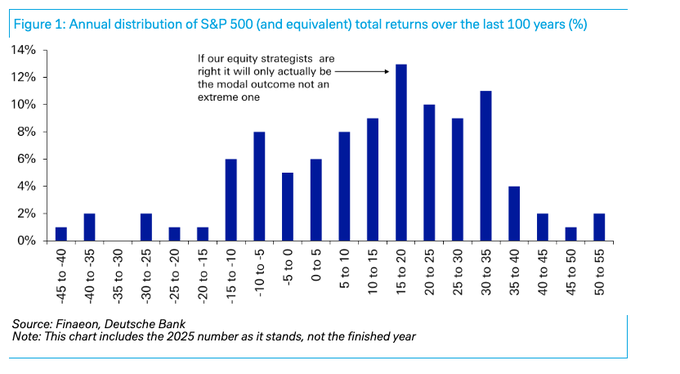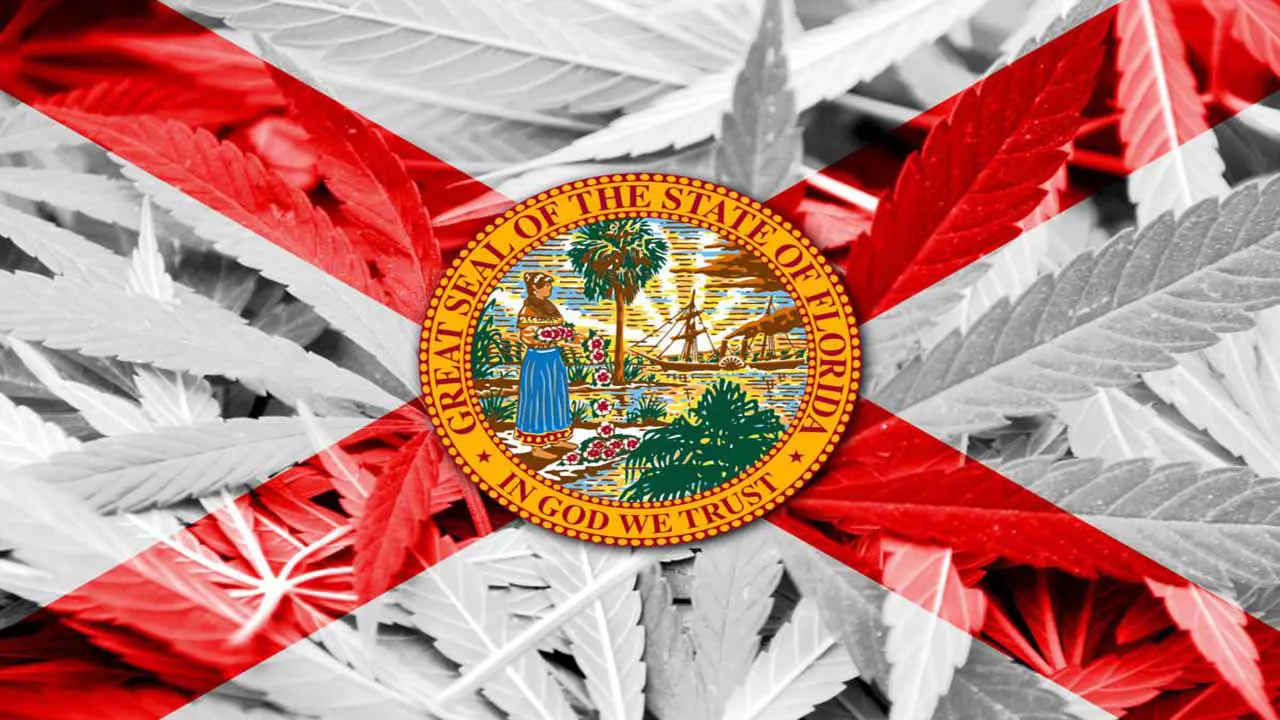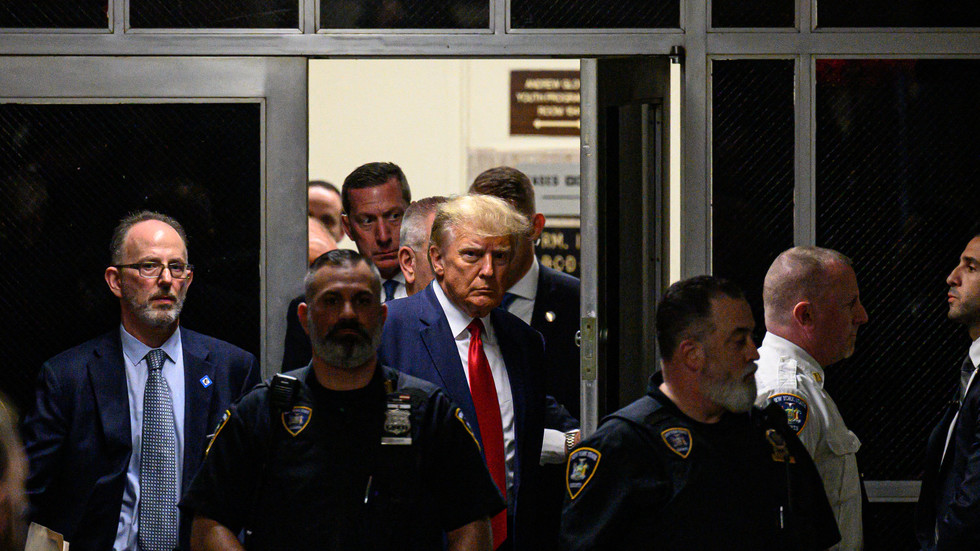The US is not seeking to decouple its economy from China or limit the country’s growth, the Treasury’s top international official said on Monday.
“We occasionally have issues with different economic policies in China and we will always defend US economic interests as well — but we will not in any way be trying to separate these two economies entirely,” Jay Shambaugh, Treasury Undersecretary for International Affairs, said in an interview with Bloomberg Television’s David Westin. “This is neither practical nor in our interest.”
Relations between the US and China have deteriorated sharply in recent years as they increasingly see each other as the top strategic and economic threat. While the countries’ leaders, Joe Biden and Xi Jinping, sought a smoother path since meeting face-to-face last November, fresh disputes have arisen over issues including the security of Taiwan, spying allegations, technology security and Russia’s invasion of Ukraine.
The worsening relations have weighed on the global economic outlook, the International Monetary Fund warned last week. The fund said tensions between the US and China drive geopolitical fragmentation and risk damaging the global economy, with foreign direct investment and other capital flows increasingly being channeled toward aligned blocs of countries.
Shambaugh’s remarks come as finance ministers and central bank governors from around the world start gathering in Washington for the IMF-World Bank spring meetings, where the issue of debt relief for poorer nations is expected to feature prominently in discussions. The US and other developed countries have repeatedly blamed Beijing for being unwilling to engage in debt reduction after having ramped up lending to poorer countries.
Talks Coming
Treasury officials will be talking to their Chinese counterparts this week, Shambaugh said, noting that the world’s two biggest economies need to be able to collaborate, especially when it it comes to addressing global issues.
“The world expects us to be able to work together on some of these big challenges whether its climate or debt,” Shambaugh said.“We’re really trying to make sure we’re working with the Chinese on these important issues,” he added.
Efforts to negotiate sovereign-debt restructurings in developing countries like Zambia stalled as Washington and Beijing disagreed on the way forward, leaving those economies in a destructive limbo.
Finance ministers from the Group of 20 rich countries failed to find common ground on the matter at their last meeting in February, as disagreements between the two sides persisted.
“Getting to a swift and clear debt treatment is just really important,” Shambaugh said. “We want to make the process more transparent, more clear and faster. Countries cannot linger in debt distress for a long time.”
The world’s finance ministers are also expected to discuss a plan for the World Bank that would boost its lending capacity by $50 billion over the next decade through changes to its rules. The strategy is the biggest proposed deliverable from the first phase of the bank’s so-called evolution roadmap and comes in response to urging from US Treasury Secretary Janet Yellen and other Group of 20 leaders for the bank to find ways to stretch existing resources to meet challenges such as climate change and pandemics.
Asked whether there was any discussion of increasing the World Bank’s capital rather than further leveraging its balance sheet to boost lending, Shambaugh defended the plan to use existing resources.
“We want to make sure these institutions are using their balance sheets as effectively as possible, so you don’t go asking for more money when you have money that you could be using,” Shambaugh said.
“Whether at some point one needs new capital I think is kind of a different question. What we’re trying to focus on is what we can accomplish this week and in the months ahead — and that’s trying to use what’s in front of the bank more effectively.”
















